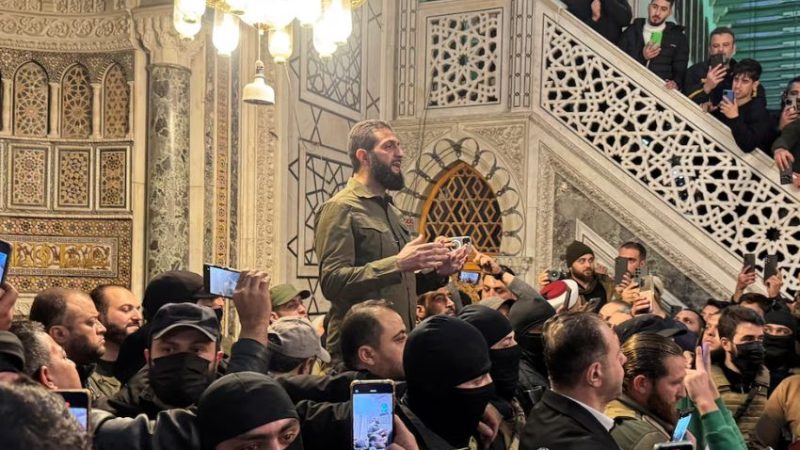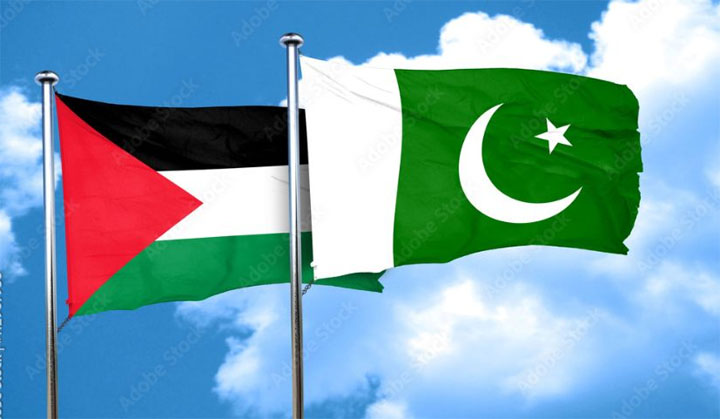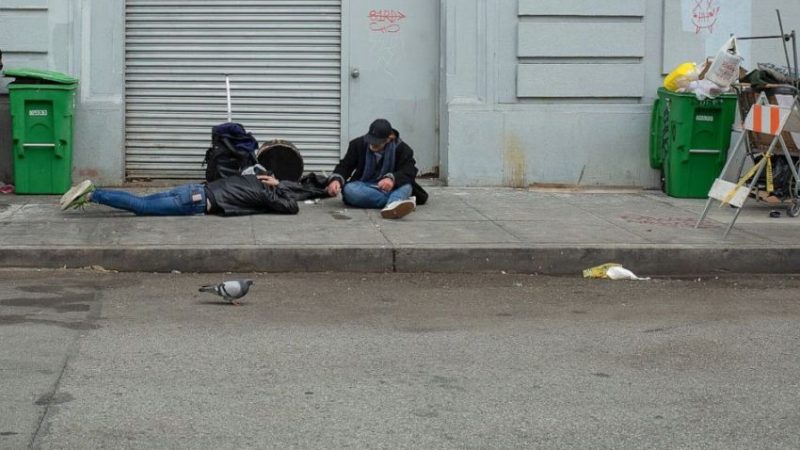US To Impose Sanctions On Russia For Navalny Poisoning: Report
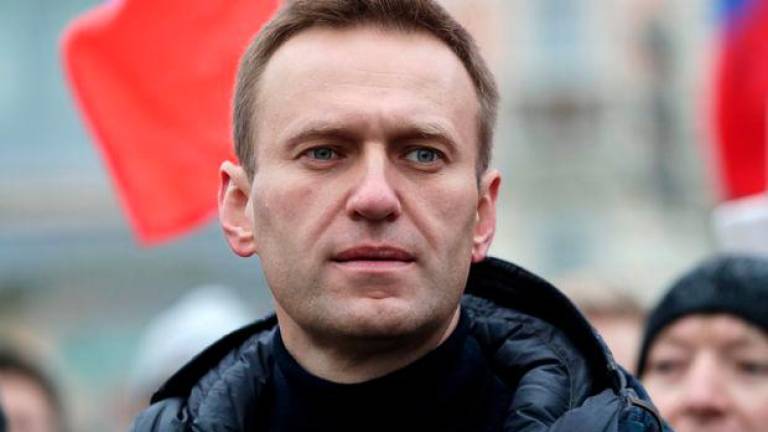
US President Joe Biden’s administration is preparing to impose sanctions on Russia for the poisoning and imprisonment of Kremlin critic Alexey Navalny, a private source reported Monday.
Citing two administration officials, the source wrote that the United States will coordinate with the European Union to determine what the sanctions will entail and their exact timing.
According to one official, a potential option is an executive order that would trigger sanctions on Russia for repeated attacks on US democracy, including the SolarWinds cybersecurity hack and placing bounties on US soldiers in Afghanistan, sources wrote.
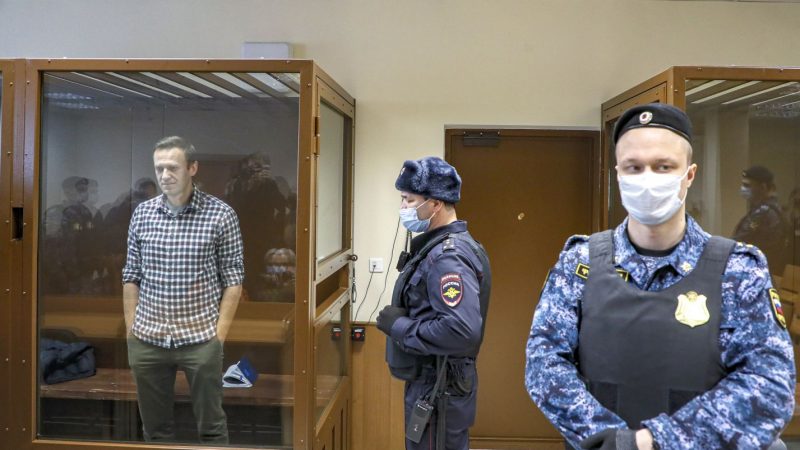
The sanctions would be Biden’s first on Russia, and would be a marked departure from his predecessor Donald Trump’s approach to dealing with Moscow.
Trump was notoriously friendly towards Russian counterpart Vladimir Putin and often declined to penalize Russia for its actions.
The European Union approved sanctions on four senior Russian officials earlier Monday, as UN human rights experts called earlier Monday for an international probe into Navalny’s poisoning and his immediate release.
The EU sanctions are on four justice and law enforcement officers involved in Navalny’s detention. They will be banned from traveling to the European bloc and see any assets they hold there frozen.
Meanwhile, Agnes Callamard, the UN’s special rapporteur on extrajudicial, summary and arbitrary executions, and Irene Khan, the top expert on freedom of opinion and expression, insisted on the need to ensure accountability for Navalny’s “sinister poisoning.”
They demanded his “immediate release” from a Russian penal colony, where he was transferred last week from a Moscow prison.
Putin’s most prominent opponent has been sentenced to two-and-a-half years in a penal colony for violating parole terms while in Germany recovering from a poisoning attack.
The 44-year-old spent months recovering from the near fatal poisoning with the Soviet-era nerve agent Novichok that he claims was ordered by Putin — something the Kremlin has repeatedly denied.




